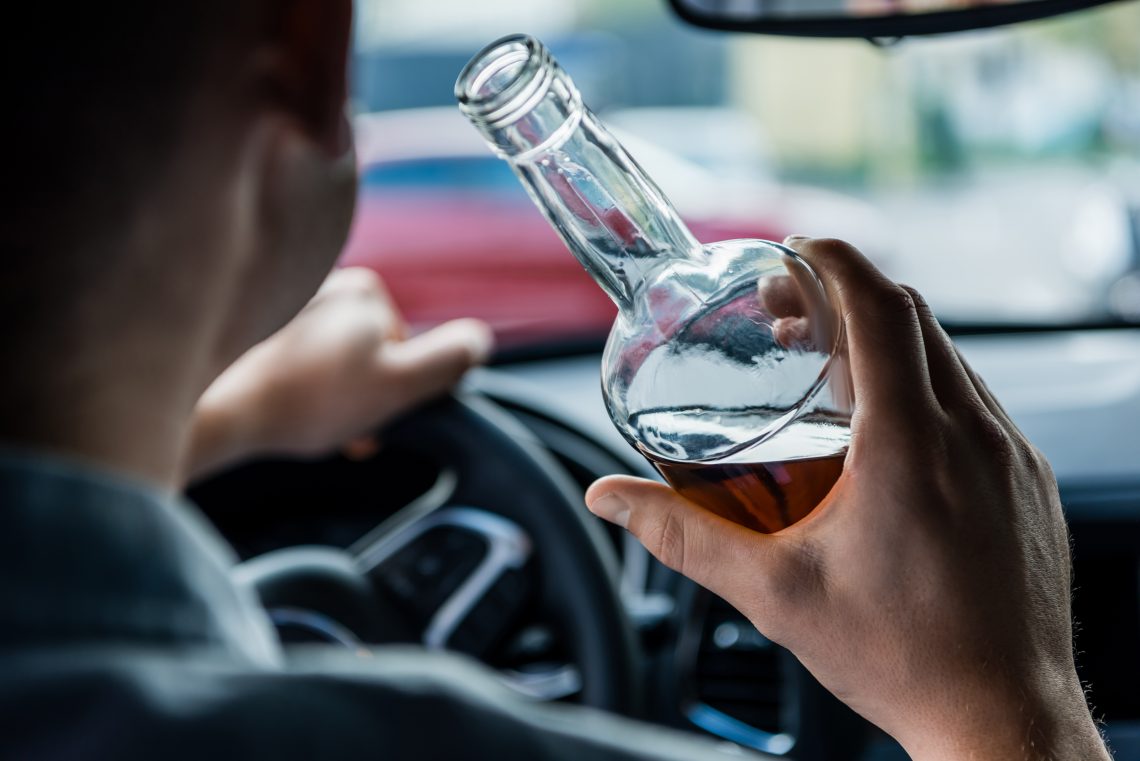Drunk driving remains one of the most hazardous threats on the road today, claiming thousands of lives every year and leading to severe legal, physical, and emotional consequences for offenders. Despite ongoing awareness campaigns, individuals continue to get behind the wheel while under the influence, posing a risk to themselves and others. The legal penalties for driving under the influence (DUI) or driving while intoxicated (DWI) are designed to deter this dangerous behavior, but the after-effects are felt long after the incident. Below, we dive into the far-reaching implications of a DWI to emphasize why it’s never worth the risk.
Understanding the Legal Ramifications of Drunk Driving
Driving while drunk carries grave legal consequences that vary depending on the jurisdiction and the severity of the offense. Penalties often start with hefty fines and can escalate to include jail time and community service. Repeat offenses compound the severity of these penalties, displaying a stern systemic response to those who fail to learn from their initial mistakes.
In most cases, a DUI or DWI conviction will result in a criminal record, which can hinder employment opportunities, restrict travel plans, and even influence future legal judgments. For individuals facing these charges, it’s crucial to consult competent legal professionals such as DWI lawyers Austin to navigate the complexities of the law effectively. It’s not uncommon to be subjected to probation or to attend mandatory alcohol education or rehabilitation programs as a condition of sentencing.
Administrative penalties involve the revocation or suspension of the driver’s license, a consequence that instantaneously impacts an offender’s mobility. Ignition interlock devices may be required for the vehicle as a prevention measure and to allow for conditional driving privileges, emphasizing the legal system’s aim to protect the public.
The Physical Consequences: How Alcohol Impairment Leads to Accidents
Driving requires concentration, coordination, and quick reaction times; alcohol impairs all these faculties. Even at low blood alcohol concentration levels, drivers can experience reduced cognitive functions, blurred vision, and impaired judgment. These physical effects significantly increase the likelihood of traffic incidents and collisions.
For many, the most poignant deterrent is the potential for causing fatal accidents. Alcohol-related crashes often result in severe injuries to drivers, passengers, and pedestrians. Understanding that one’s actions under the influence can irreversibly affect or end lives may be the most sobering thought for someone considering driving after drinking.
Long-Term Impact on Driving Privileges and Insurance Rates
Losing one’s driving privileges is among the first and most immediate effects of a DUI or DWI conviction. Without the ability to drive, tasks such as commuting to work, running errands, and fulfilling family responsibilities become challenges, often requiring dependence on others or public transportation.
Once driving privileges are reinstated, the financial repercussions begin to manifest. Insurance companies typically raise premiums for drivers with DUI or DWI convictions. These increased rates reflect the heightened risk associated with insuring drivers with impaired driving records and can persist for years following the offense.
Emotional and Social Repercussions for Offenders
The stigma attached to DWI’s extends beyond legal or physical ramifications into social and emotional territories. Offenders may face significant shame and embarrassment, which can strain personal relationships, affect social standing, and result in isolation or depression.
For those who cause harm or fatalities while under the influence, the emotional toll can become a lifelong burden of guilt. Survivors of alcohol-related accidents, along with the offenders, may suffer from post-traumatic stress disorder (PTSD), anxiety, and other mental health challenges that require long-term treatment and support.
Community relationships are also impacted, as OWI offenders may be required to disclose their conviction status in various situations. This can serve as a deterrent for those considering drinking and driving, knowing that one mistake can have lasting effects on their reputation and their sense of belonging within their community.
Overall, the consequences of drunk driving are extensive and multifaceted, affecting individuals legally, physically, emotionally, and socially. It’s a preventable risk with unnecessary repercussions. By understanding these consequences and advocating for smarter choices, we can work towards a future where DWI accidents are a thing of the past.
Read more lifestyle articles at ClichéMag.com
Images provided by Deposit Photos, BingAI, Adobe Stock, Unsplash, Pexels, Pixabay & Creative Commons





